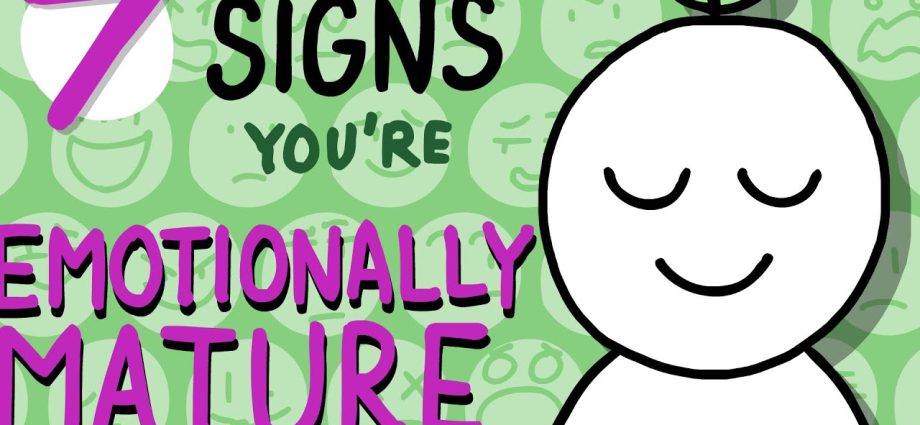Mataupu
O le avea ma paaga atoatoa e le faigofie. Ae e le manaʻomia lenei mea! E le atoatoa i tatou uma, ma o le galuega e sili atu i le tuputupu ae ma "paʻu" lou atamai faʻalagona: o le mafai ona fesoʻotaʻi, fausia sootaga ma foia feeseeseaiga o loʻo aliaʻe. O nisi nei o fa'amaoniga e te lelei i ai.
O le tele o ulugalii e talanoa i ulugalii i le ofisa o latou fomaʻi e uiga i lo latou vaivai i feeseeseaiga e le gata, o le popole e le mafai ona teʻa, ma le malulu e susulu mai le va o loʻo tupu i lo latou va. Fai mai le foma'i o le mafaufau o Karen Nimmo, e masani lava o le tulaga lea i totonu o aiga e leai se paaga e maua le atamai faalelagona maualuga.
Peitaʻi, o le “faaeegaina” e lē saʻo atoatoa. O le mea moni, o uiga masani ma le poto masani o le ola ai i le aiga matua e matua taua lava, ae e mafai ona e faʻaleleia uiga talafeagai i totonu ia te oe lava, o le tala lea a Karen Nimmo. Ae e faapefea ona e iloa le mea e taulaʻi i ai? Ma fa'afefea ona iloa o oe o se paaga matua matua?
1. E te maua lagona ma e te le lafi i se pu
There is no doubt — most of us sometimes need to be alone in order to recover, recover, collect our thoughts. And in such cases, it is quite normal to move away from your partner for a while. However, you don’t run away, hide, and leave your partner wondering what happened. On the contrary, you openly talk about your need for solitude. And the rest of the time, when there is a resource, you are open, ready to communicate and help your partner if he or she needs support.
2. E te malamalama ia te oe lava
Even if you are overwhelmed by emotions and you react to the situation in one way or another, you continue to be aware of what is happening. You know your own triggers, vulnerabilities, weaknesses. In other words, there is no «pig in a poke» inside you. You know who you are and you accept yourself.
3. E tele ou lagona fa'alagona.
O tulaga eseese ma mea e tutupu e faaosofia ai ia te oe ni lagona ma ni tali talafeagai e te le fefe ai ma aua le faatuai e faailoa atu, tusa lava pe faanoanoa, le fiafia po o le fefe. E te iloa le fiafia ma le fiafia i le olaga.
4. E mafai ona e vaʻavaʻai i le tulaga e ala i mata o le isi
How do you do it? You listen carefully, delving into the meaning of what you hear and not being distracted by extraneous factors. You are not in a hurry with judgments — it is much more important for you to understand the interlocutor and his feelings about what happened. You remember that we are all different, and you accept your partner as he is, with his reactions and views, even if they are fundamentally different from yours.
5. E le fa'aleagaina oe ma le lua mafutaga.
First of all, because you «fight» honestly and do not get personal. You do not throw accusations and take criticism adequately, without immediately becoming defensive and denying everything. And if you realize that you were wrong, sincerely apologize, and do it right away. A quarrel for you is not a reason to think that everything is over, you have to disperse and next to you is simply not the right person. You are capable of dialogue and of finding healthy ways to resolve the situation.
6. E te tumau i au tali.
Your partner is not forced to guess every evening who he will see on the doorstep today, and adapt to you and your mood. If you are angry or upset, there is always a good reason for it, but your loved one is not afraid of your emotions — for example, anger.
7. O oe lava e talitonu o oe o se tagata lelei ma se paaga.
E te talitonu faamaoni o oe ma e tatau ona e faia lelei. Masalo, a aunoa ma lenei, e le mafai ona fatuina soʻo se mafutaga maloloina.










